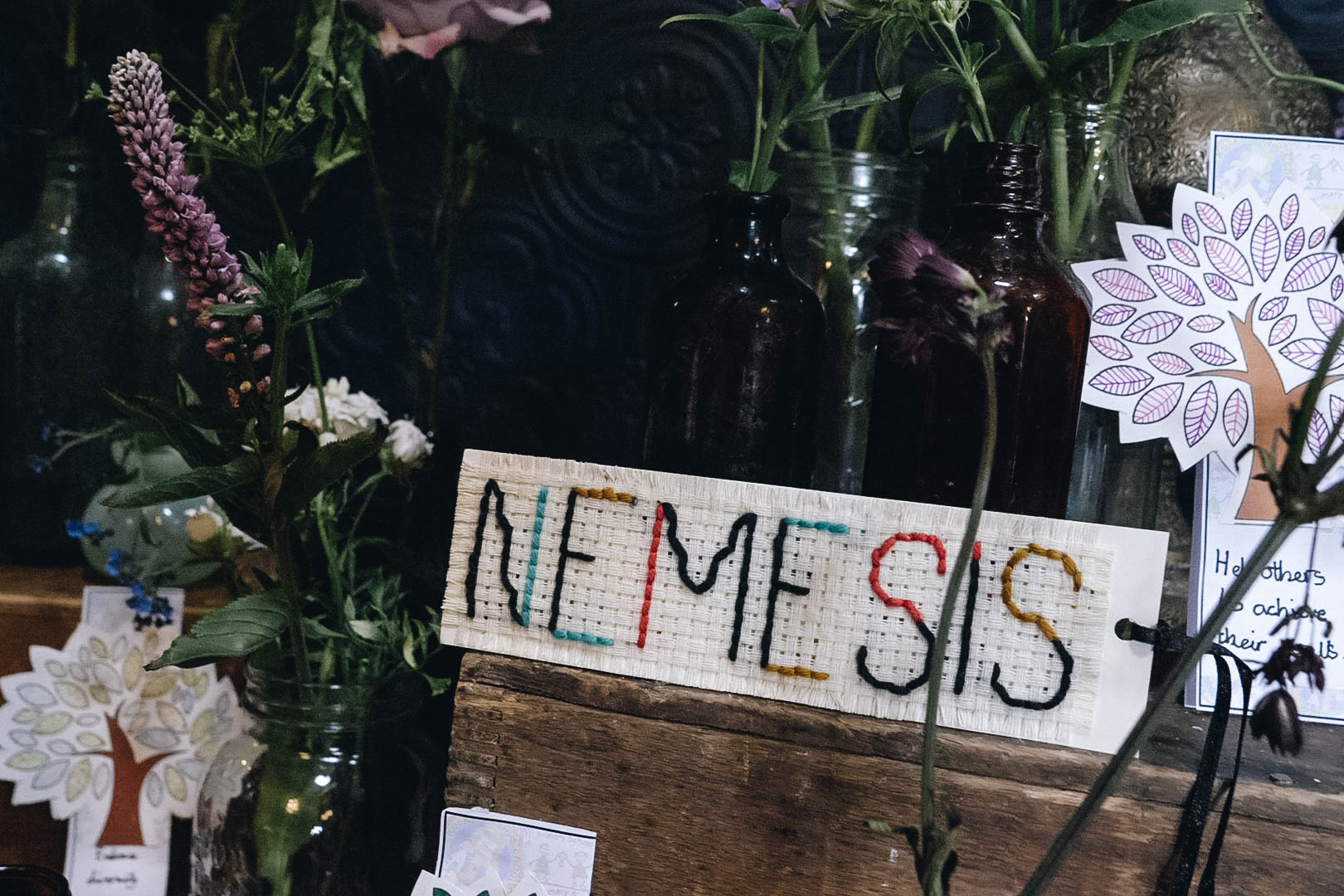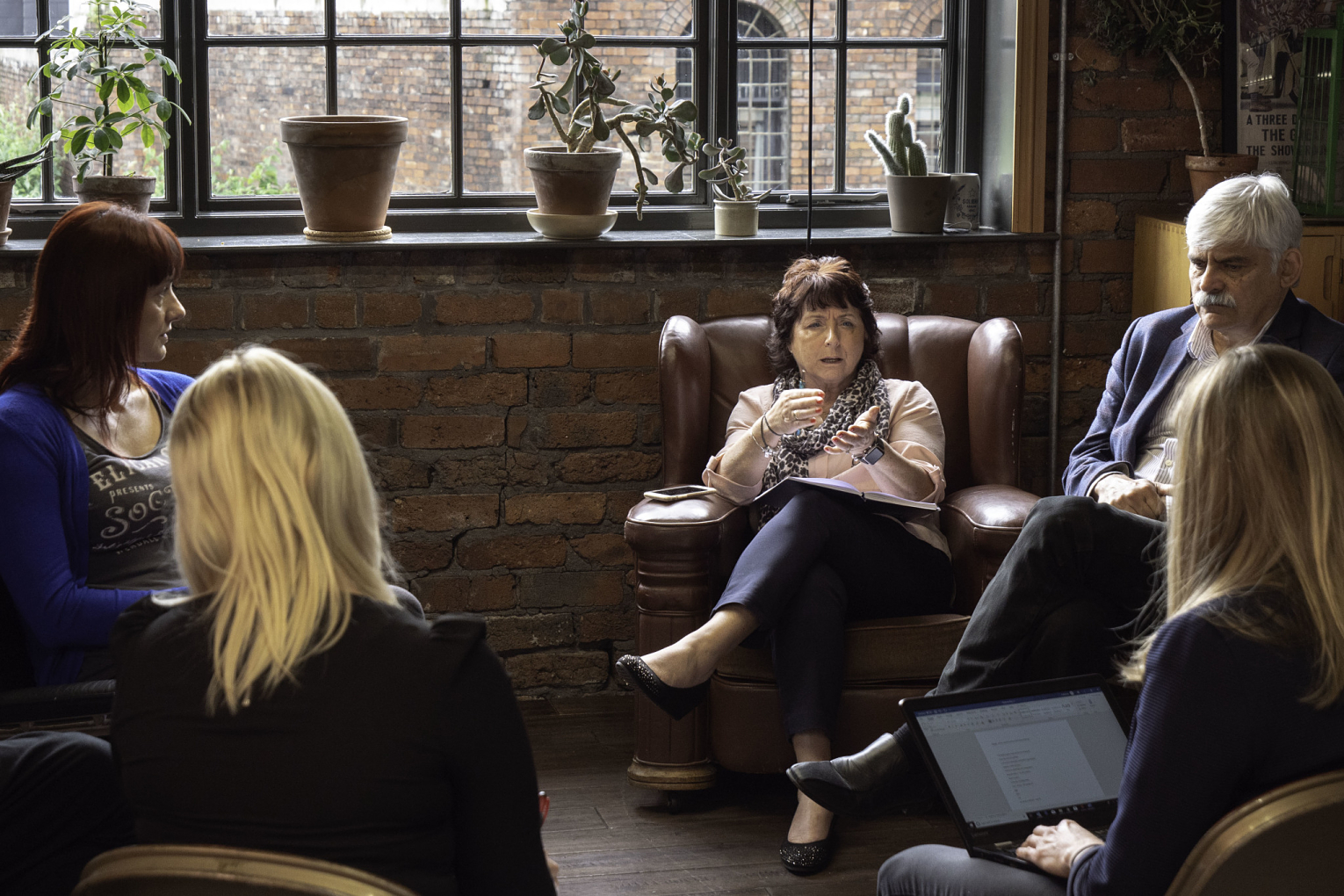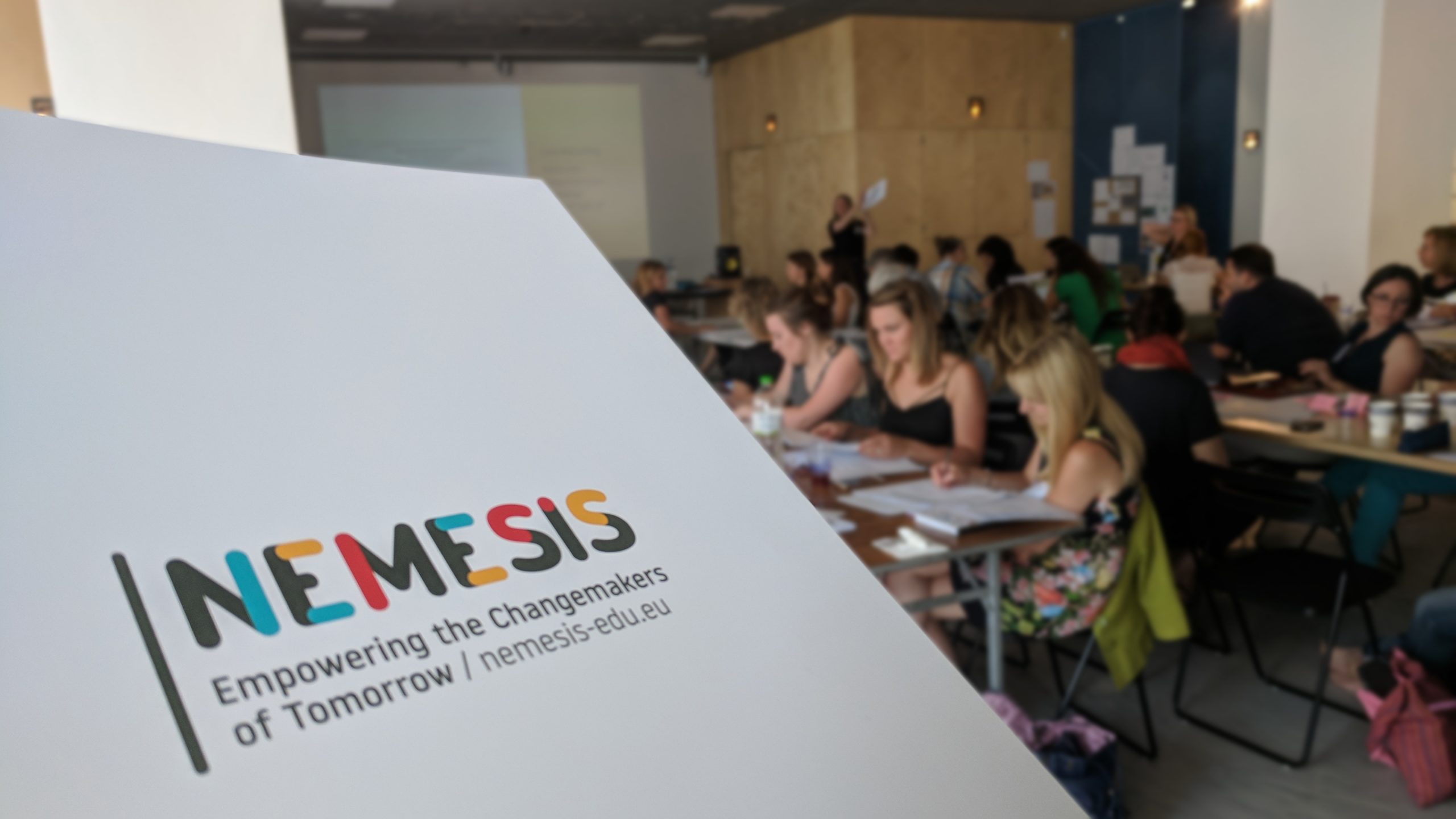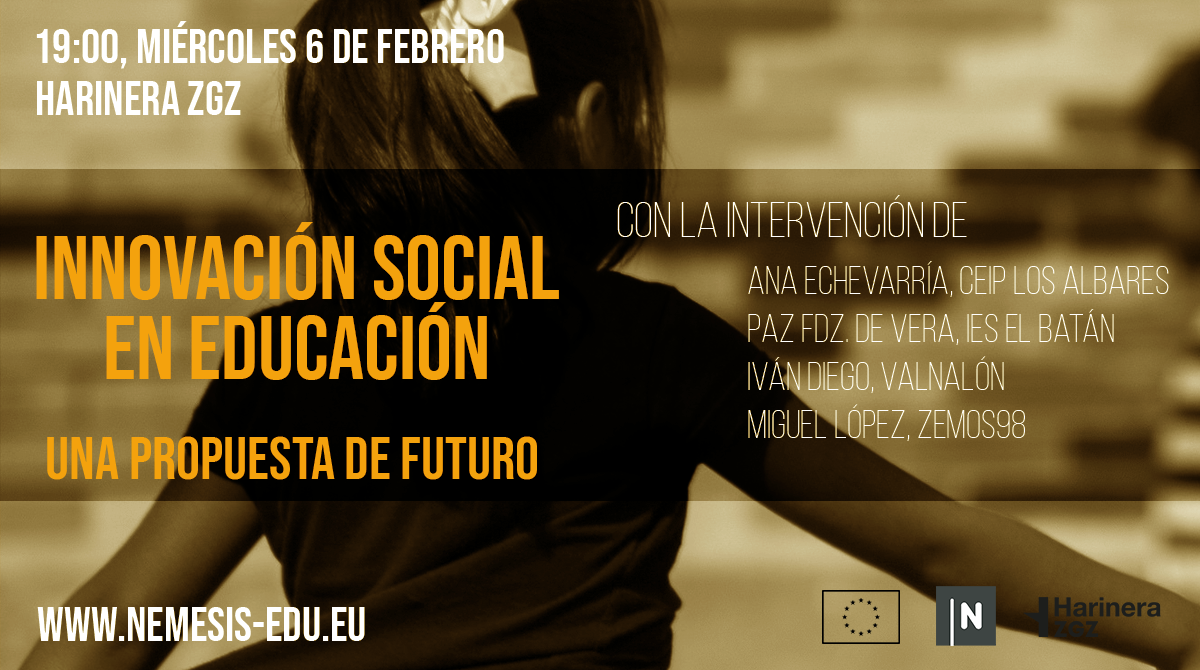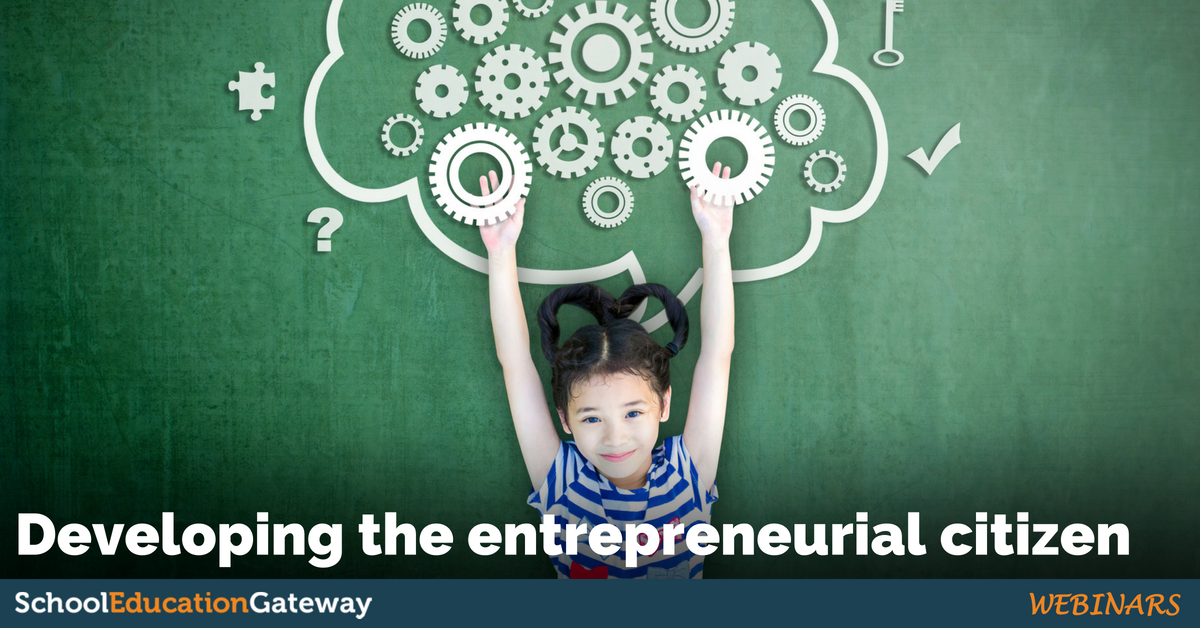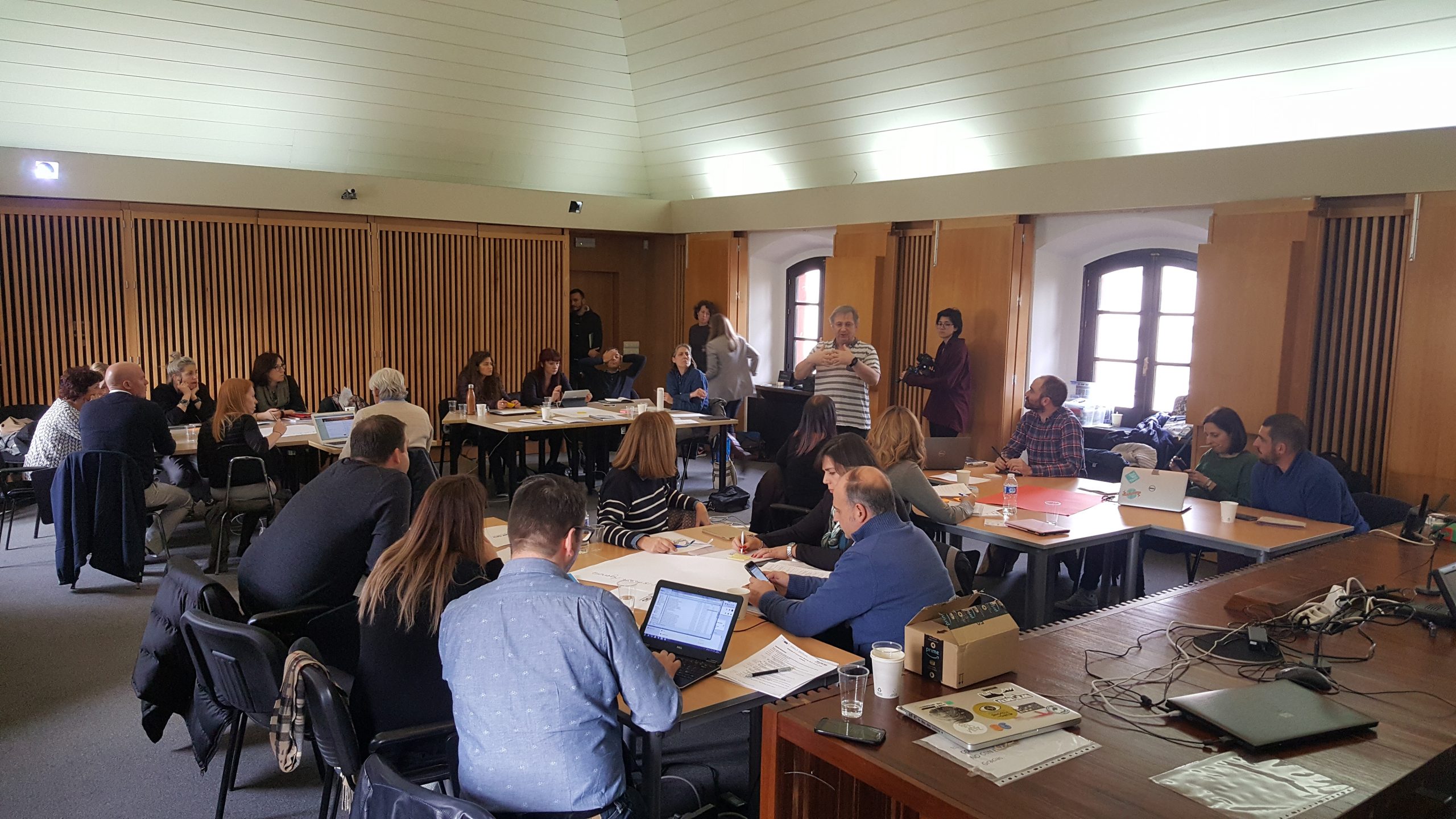NEMESIS, an Update
The COVID-19 pandemic has affected everybody’s lives and businesses and it has noticeably affected education at all levels. As a result, NEMESIS has also been affected, especially because the NEMESIS schedule was intertwined to the schedule and work taking place in schools, all across Europe. Nonetheless, NEMESIS did not stall, the consortium did not stop working but rather had to become creative and innovative to advance the work and extend its reach. To do so, we had to shift the focus of the project to tasks that could be continued despite the pandemic, to implement new tools that will support and increase the impact of the project, and to support tasks that do not require physical contact or can be sustained virtually. Such tasks include academic dissemination, a NEMESIS Serious Game, a NEMESIS MOOC, lesson series, and pilot 2 with online support.
Regarding the dissemination activities, NEMESIS had a very strong dissemination period. Six papers were presented in various conferences and journals reaching thousands of people. The conferences were:
- 12th The International Social Innovation Research Conference (ISIRC 2020)
- 8th International Conference on Sustainable Development (ICSD 2020)
- 14th European Conference on Games Based Learning (ECGBL 2020)
- 13th annual International Conference of Education, Research and Innovation (ICERI 2020)
- Open classroom Conference 2020 (EDEN OCC 2020)
- European Journal of Sustainable Development (EJSD Journal)
NEMESIS also develops a Serious Game to introduce the notion of Social Innovation to its young audience and especially continue the NEMESIS legacy well beyond the completion of the project. The serious game will be available in three formats, web-based, android and IOS, and in all partners’ languages.
The game logic is based on a combination of the elements of adventure and open-world games, meaning, interactive stories about a protagonist character who is played by the player. Storytelling and exploration are essential elements of the NEMESIS game.


The storyline of the game brings the player into the game world of NEMESIS City, his mission, in the sense of a superhero, is to increase the well-being and happiness of the inhabitants of this city with his social innovation power. This will be achieved by implementing social innovation actions/tasks, which are rewarded with happiness points. As more tasks are solved, the happiness level of the city increases. This is intended to demonstrate the value of social innovation in society and thus illustrate the importance of the learning activity. The story gives the game its framework by recreating reality as much as possible. Through a nonlinear course, the player becomes aware of the influence of his actions, e.g. in relation to the game history.
The game will be evaluated and we will examine the effect on achievement emotion and demonstrate how this can be achieved in the sense of a game of Social Innovation Education (SIE).
Dr Aristidis Protopsaltis
Institute for Learning Innovation

